Corporate catering for offices is growing in strength as a promising market segment, attracting entrepreneurs with the potential for long-term and stable contracts. In today's rapidly changing work environment, more and more companies are looking for ways to increase the satisfaction and well-being of their employees by offering meals in the workplace. But starting your own catering business for offices and other companies is actually a good business idea? In this article, we will analyze the market potential, key challenges, and ways to effectively manage and promote your catering business.

Corporate catering for offices is growing in strength as a promising market segment, attracting entrepreneurs with the potential for long-term and stable contracts. In today’s rapidly changing work environment, more and more companies are looking for ways to increase the satisfaction and well-being of their employees by offering meals in the workplace. But starting your own catering business for offices and other companies is actually a good business idea? In this article, we will analyze the market potential, key challenges, and ways to effectively manage and promote your catering business.
- What is corporate catering?
- What makes corporate catering an attractive business venture?
- Catering for businesses – market analysis
- How to start a corporate catering business?
- Cost-benefit analysis in the corporate catering business
- Key challenges in the corporate catering industry
- Corporate catering – how to stand out from the competition?
What is corporate catering?
Corporate catering, also known as office or business catering, is a specialized form of catering services addressed mainly to companies and institutions. It involves providing ready-made meals or organizing full catering services at various types of business events, such as meetings, conferences, training, or regular deliveries of meals to employees. These services can range from daily lunches to exclusive banquets and corporate events.
Business catering differs from other types of catering in its approach and logistics. It is tailored to B2B clients, where time, efficiency, and high quality of services are crucial. Catering companies providing in-company services sometimes also offer additional services, such as planning the entire event, decorations, or technical support.
What makes corporate catering an attractive business venture?
Corporate catering is an attractive business idea for many reasons that appeal to both entrepreneurs and corporations:
Financial stability: Business catering often involves long-term contracts with companies that ensure regular orders and a stable income flow. Enterprises prefer to establish long-term cooperation, which allows catering companies to better forecast the future and plan resources.
Increased demand: At a time when companies are increasingly concerned about employee engagement, regular provision of healthy and high-quality meals is highly appreciated. Good nutrition in the workplace can increase productivity, improve employee morale, and contribute to building a positive company image.
Business flexibility: Catering for companies offers the possibility of flexible adjustment of the offer – from daily lunches, through the organization of special corporate events, to exclusive thematic catering. Thanks to this, entrepreneurs can explore different market niches and adapt services to the needs of different customers.
Low entry costs compared to traditional restaurants: Starting a catering business aimed at companies and offices may be less expensive than starting a restaurant. Location in an attractive part of the city is not required, and costs can be minimized by adapting purchases and supplies to current orders.
Ability to scale: You can start by serving a small number of local businesses and over time, as you build your brand and gain experience, expand it to a larger scale, serving bigger corporations and hosting larger events.
Thanks to these factors, business catering is an attractive option for entrepreneurs looking for a business with the potential for long-term development and financial stability.
Catering for businesses – market analysis
Market analysis is a key step when planning to start a catering-for-business company. Understanding current trends, demand, and competition will help you effectively adapt your offer and business strategy:
Market trends
The corporate catering market is developing dynamically thanks to rapid changes in work culture and the growing awareness of healthy eating. The popularity of healthy and balanced food options as well as individualized diets (e.g. vegan, gluten-free) is becoming more and more popular.
Market segmentation
Corporate catering can be addressed to various market segments, depending on the size and type of enterprises:
- Small and medium-sized enterprises may be looking for more flexible and cheaper catering solutions.
- Large corporations often require large-scale regular catering services, both for everyday meals and special events.
- Start-ups and technology companies may prefer innovative and individually tailored lunch options.
Competition analysis
Understanding which catering companies operate in your local market, what services they offer and what their strengths are is essential. Competition can range from small, local suppliers to large, established companies with a wide range of services. Competitor analysis should also include their pricing strategies, offers, and reputation.
Geographical diversity
The demand for corporate catering may vary depending on location. In large cities and business centers, demand is usually higher. It is also worth considering the specifics of local markets, for example, culinary preferences, which may vary between regions.
Conducting a thorough market analysis is essential to understand how to best position your business catering company and what strategies to adopt to successfully compete and attract corporate contracts.
How to start a corporate catering business?
Starting a corporate catering business requires careful planning and preparation. Here are the steps that will help you start and run your own catering company.
Preparation of a business plan
Creating a detailed business plan is the first step. It should include a market analysis, marketing plan, expected costs, and revenues, as well as a development strategy. A business plan will not only help in organizing your business, but also in attracting potential investors or obtaining funding.
Company registration and compliance with legal requirements
Start a business, register your company with the appropriate authorities, and obtain the necessary licenses and permits. Requirements may vary by location, so it’s worth consulting with an attorney or advisor to ensure all health, tax, and business regulations are met.
Choosing a location and furnishing the kitchen
Choose a location that will be suitable both in terms of logistics and will reduce expenses on renting the premises. The kitchen must meet sanitary standards and be adapted to the needs of large-scale food production. Proper catering equipment is crucial for effective and safe work.
Building a team
Hire staff who will support your business at various stages – from cooks, through service staff, to the administrative team. It is important that each employee has appropriate qualifications and experience, as well as a passion for the catering industry.
Create the offer
Design a menu that will be attractive to companies, taking into account various food and dietary preferences. The offer should be flexible and adapted to various types of events and budgets.
Marketing and customer acquisition
Develop a marketing strategy that will effectively reach businesses in your area. Create a professional website, use social media, local media, and consider networking with local business organizations. A personalized approach and direct meetings with potential clients can significantly increase your chances of winning contracts.
Operations and quality management
Maintain a high standard of services through regular employee training, monitoring the quality of delivered meals, and effective supply chain management. High-quality services will increase customer satisfaction and contribute to long-term cooperation.
Cost-benefit analysis in the corporate catering business
Starting a catering business involves various start-up costs, which depend on the scale of the operation, the selected location, and the scope of services. Entrepreneurs can expect initial investments to range from £20,000 to over £100,000. This amount includes costs related to the purchase of appropriate kitchen equipment, equipment, premises rental, purchase of raw materials, and marketing. Additionally, you should take into account the costs associated with registering the company, obtaining the necessary licenses and permits, and insurance.
As for potential profits, office and corporate catering can generate significant revenues, especially if you manage to build a solid corporate client base. Revenues can range from £2,000 per month for smaller catering companies, to even several hundred thousand GBP for larger ones that handle numerous events or have regular orders from large corporations. The profit margin in corporate catering is variable, but with effective cost management and operations optimization, the net margin can range from 10% to 20%. Specifically, the profit on one meal often ranges between £3 to £15, depending on the scale of the operation, the type of menu, and the specifics of the order.
Earnings in the industry can increase significantly when specializing in niches such as organic catering, specialized diets, or catering for exclusive, luxury events, which allow for higher rates. It is also worth considering the possibilities of scaling the business and expanding the offer, which may lead to a further increase in income.
Despite promising profit prospects, it is necessary to closely monitor expenses and flexibly manage resources to ensure the profitability of investments and the constant development of the company in a competitive market.
Key challenges in the corporate catering industry
The catering business, while promising, carries unique challenges that can impact daily operations and the long-term success of a company:
Logistics and on-time delivery
One of the main challenges in corporate catering is logistics, including ensuring that all meals are delivered on time and at the correct temperature. Delivery delays can negatively impact your company’s reputation and customer satisfaction. Effective route planning, transport monitoring, and having a contingency plan in case of unforeseen events are essential.
Quality management
Maintaining consistent, high-quality service is extremely important. The challenge is to ensure that each meal, from appetizers to desserts, meets customer expectations in every respect: taste, presentation, and nutritional value. Regular employee training, quality control, and careful selection of suppliers are key to maintaining standards.
Adapting to customer needs
Each company has its unique requirements and preferences, from dietary restrictions to specific requests for food type and style. Catering for companies requires flexibility and creativity in creating a menu that will satisfy various tastes and needs. This requires ongoing market research and constant adaptation of the offer.
HR management
The catering industry requires managing a large number of employees with different skills and experiences, from cooks and kitchen staff to logisticians and customer service staff. Motivating staff, reducing employee turnover, and maintaining high work efficiency is a constant challenge for owners of this type of business.
Competition and differentiation of the offer
The office catering industry is competitive and standing out from the crowd can be difficult. Companies must constantly innovate and offer unique services that will attract new customers. Developing unique services in the market, such as specialized menus, special serving techniques, or innovative packaging, can help you gain an advantage over the competition.
Corporate catering – how to stand out from the competition?
Standing out in the business catering market requires creativity and innovation that will capture the attention of potential customers and build a solid reputation. Here are some interesting ideas that can help your catering company gain a foothold in the industry:
Technology and personalization: You can think about a mobile application through which customers can not only order catering services but also personalize the menu for individual meetings or events.
Sustainability and local products: Promoting sustainable corporate catering that uses only local, seasonal products from proven suppliers.
Zero-waste packaging: The use of innovative, fully biodegradable packaging that will help reduce the amount of waste generated.
Loyalty programs and partnerships: Introduction of loyalty programs for companies that regularly use catering services, offering discounts, premium services, or exclusive menus available only to regular customers.
Culinary themes of the week/month: Offering unique themed menus that change weekly or monthly, such as Mediterranean, Asian, or Latin American cuisine.
Wellness catering: Creating an offer focusing on health and well-being, combining healthy meals with additional services, such as meditation sessions or short mindfulness courses during lunch breaks.
Turn your culinary passion and organizational skills into a thriving business! The corporate catering market is booming, offering a stable income stream.
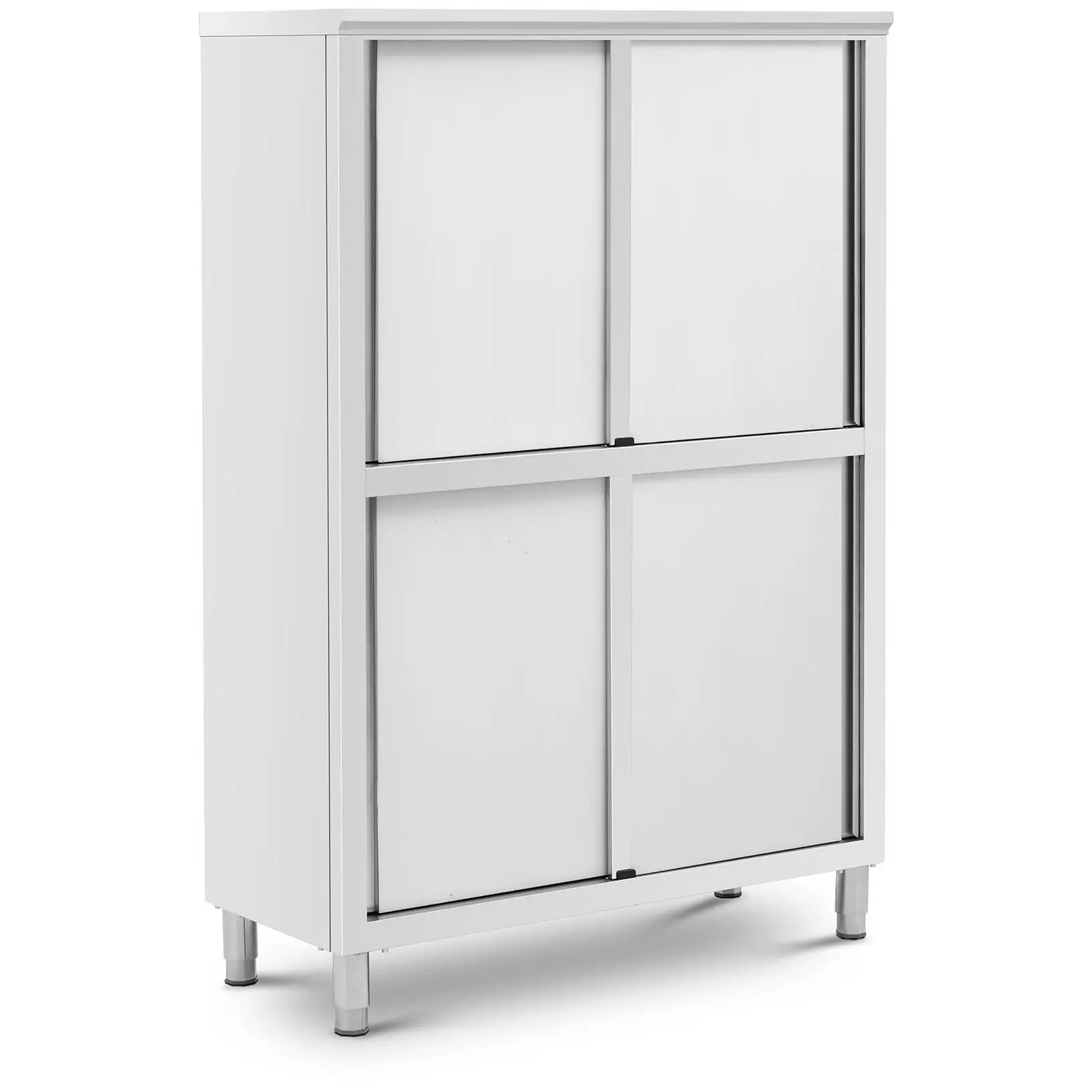
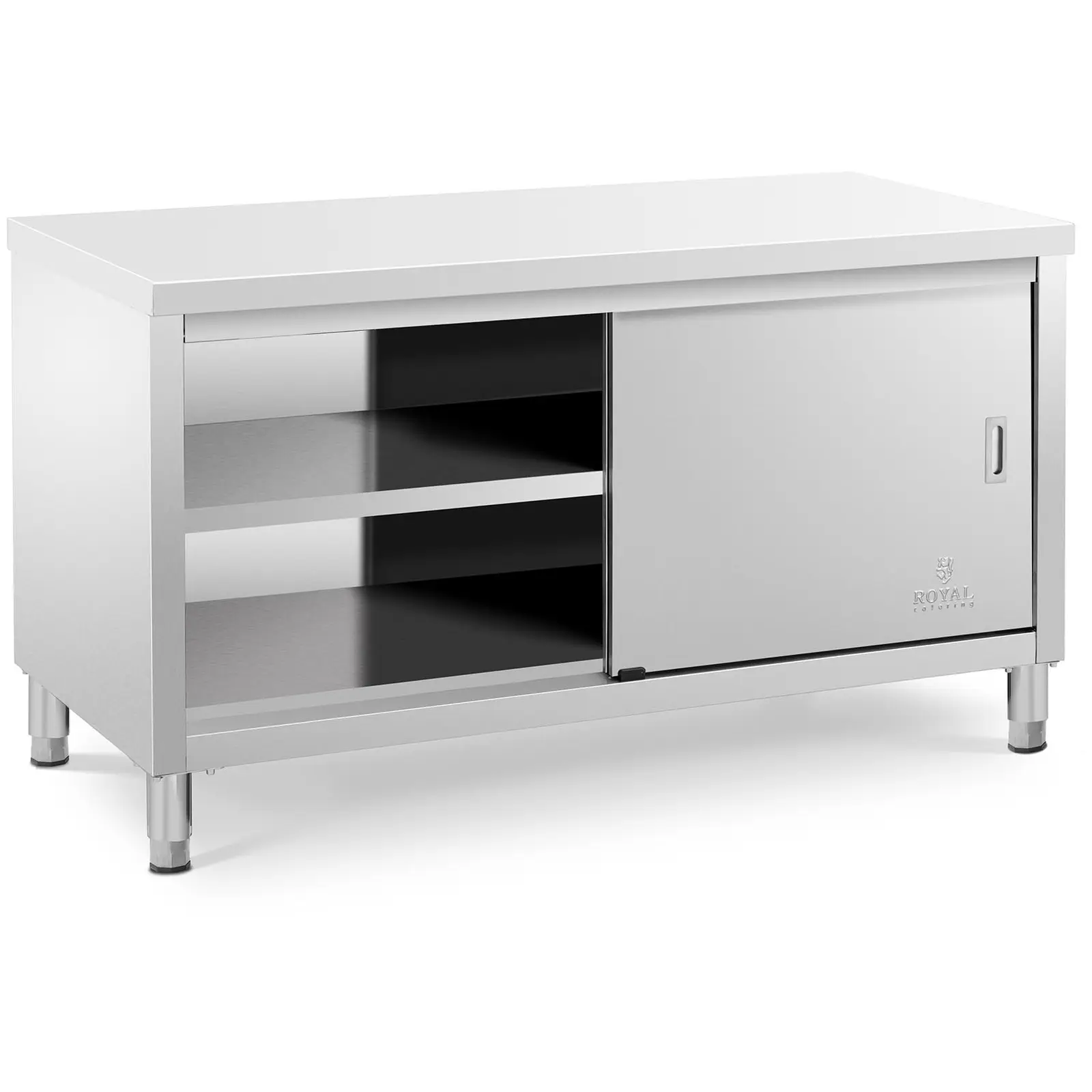
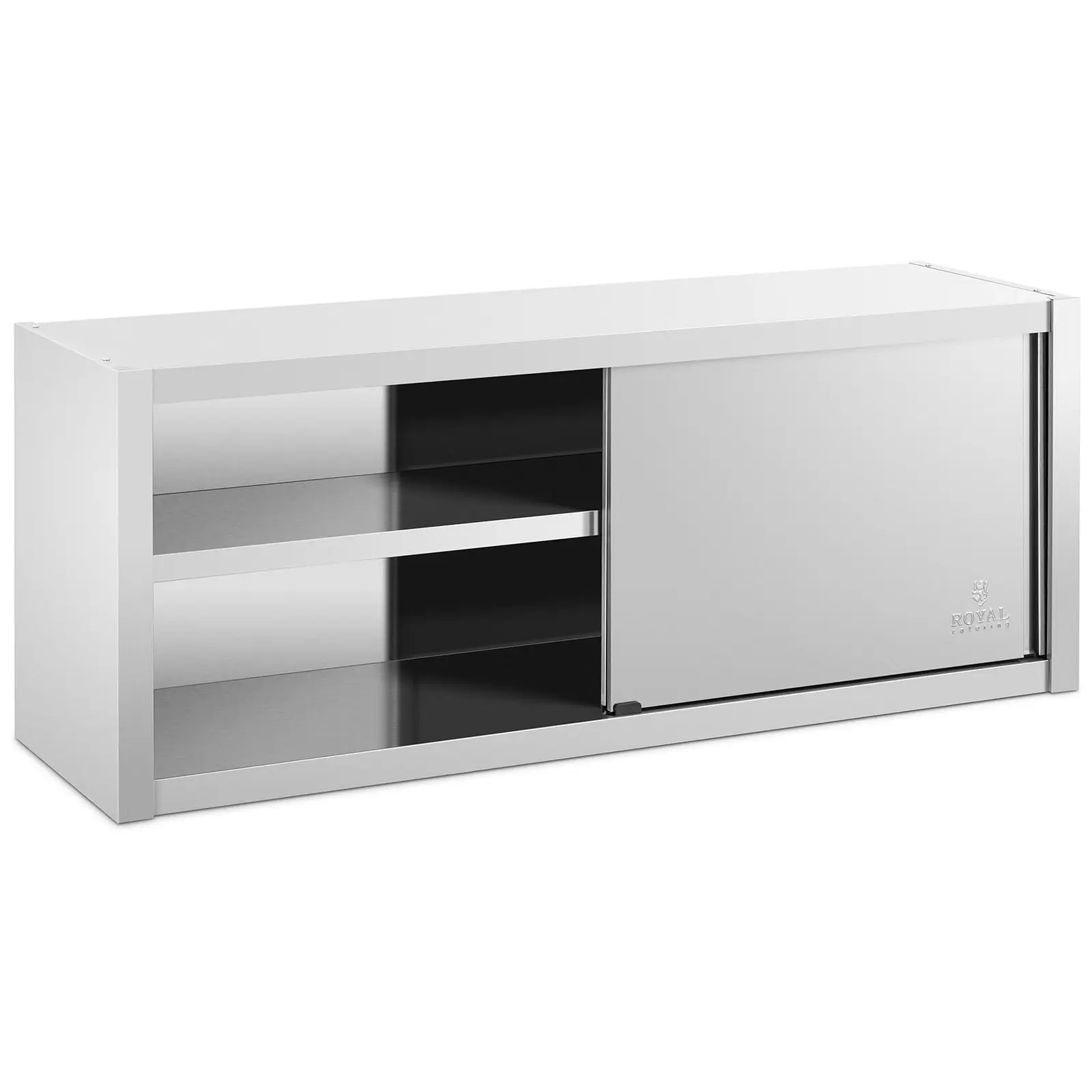
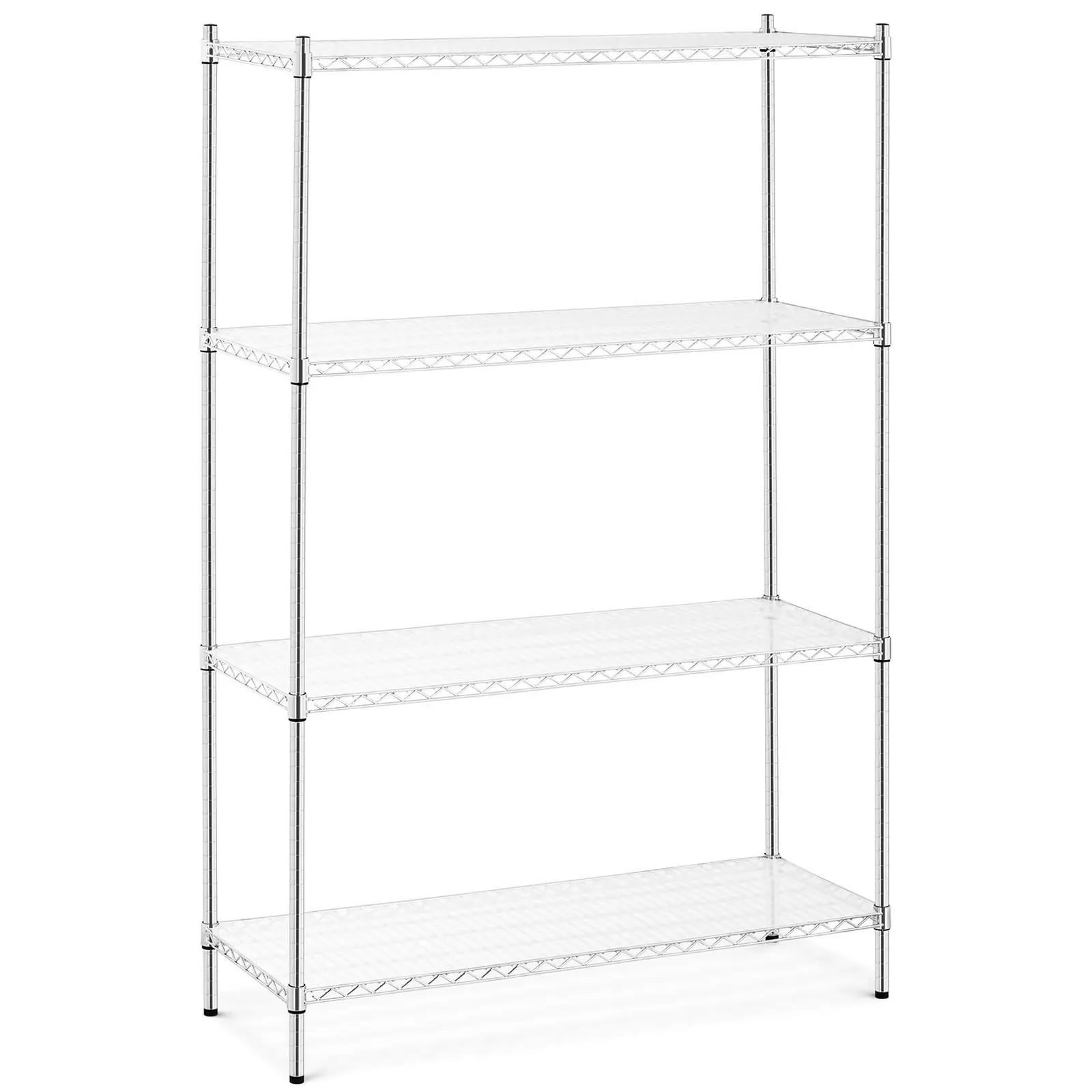
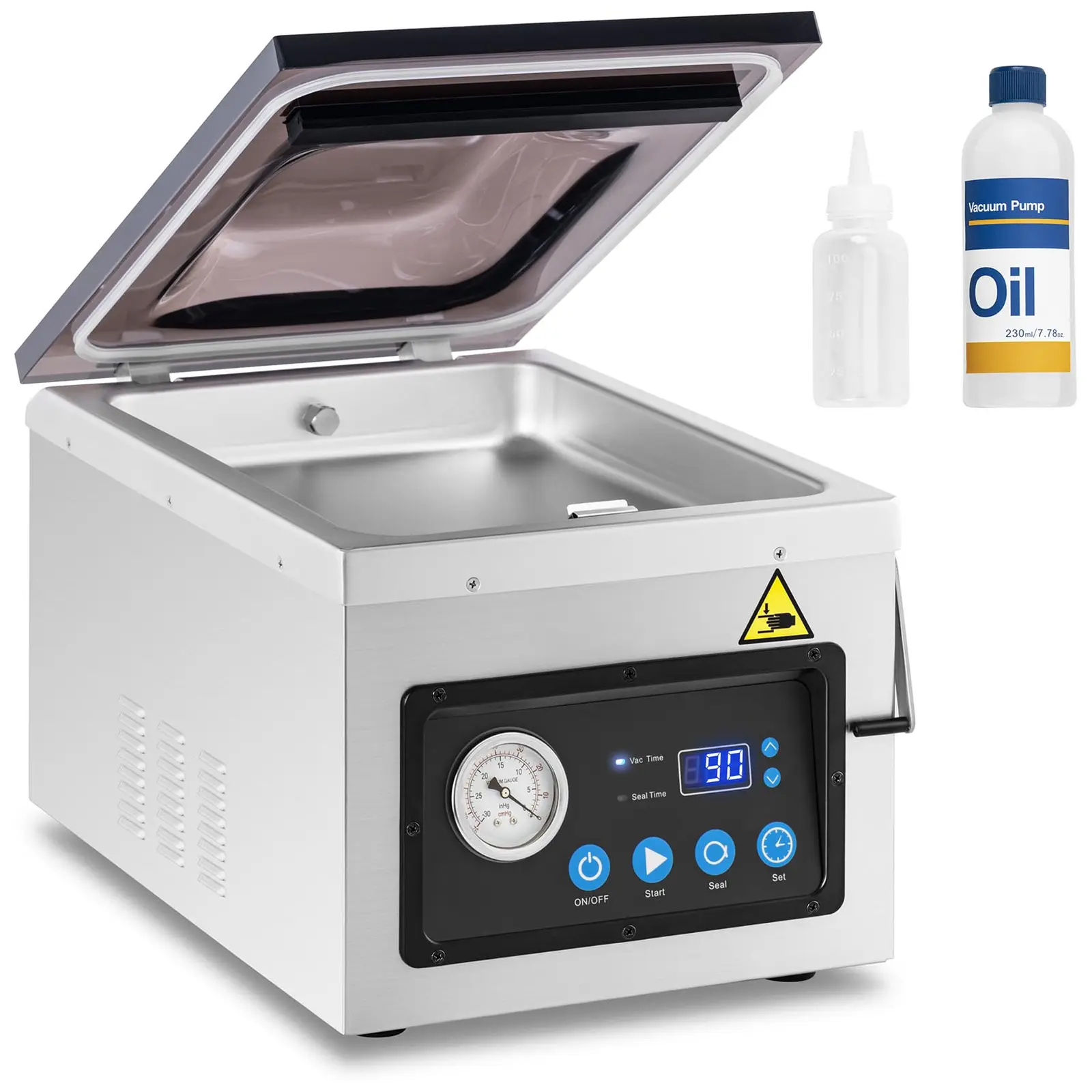
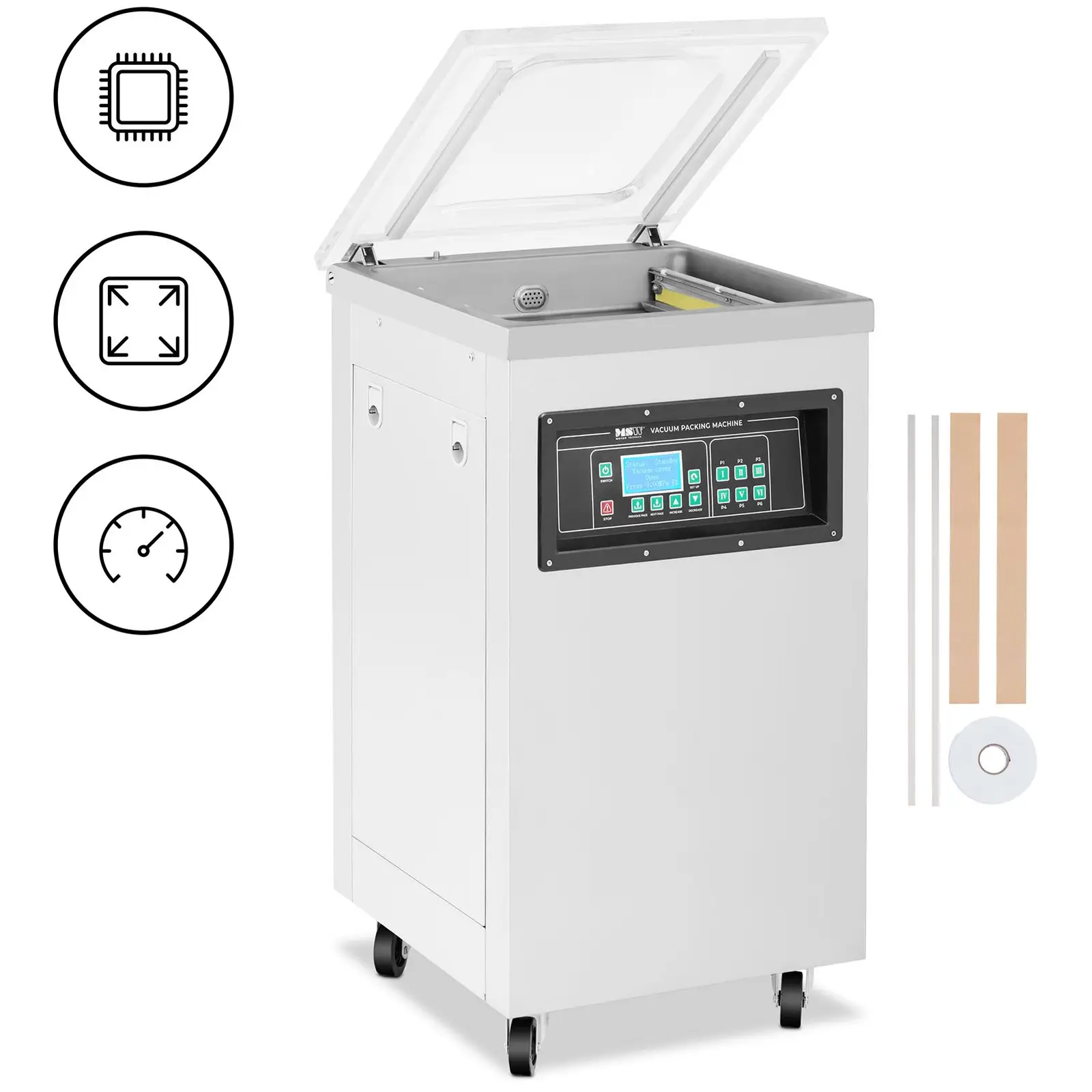
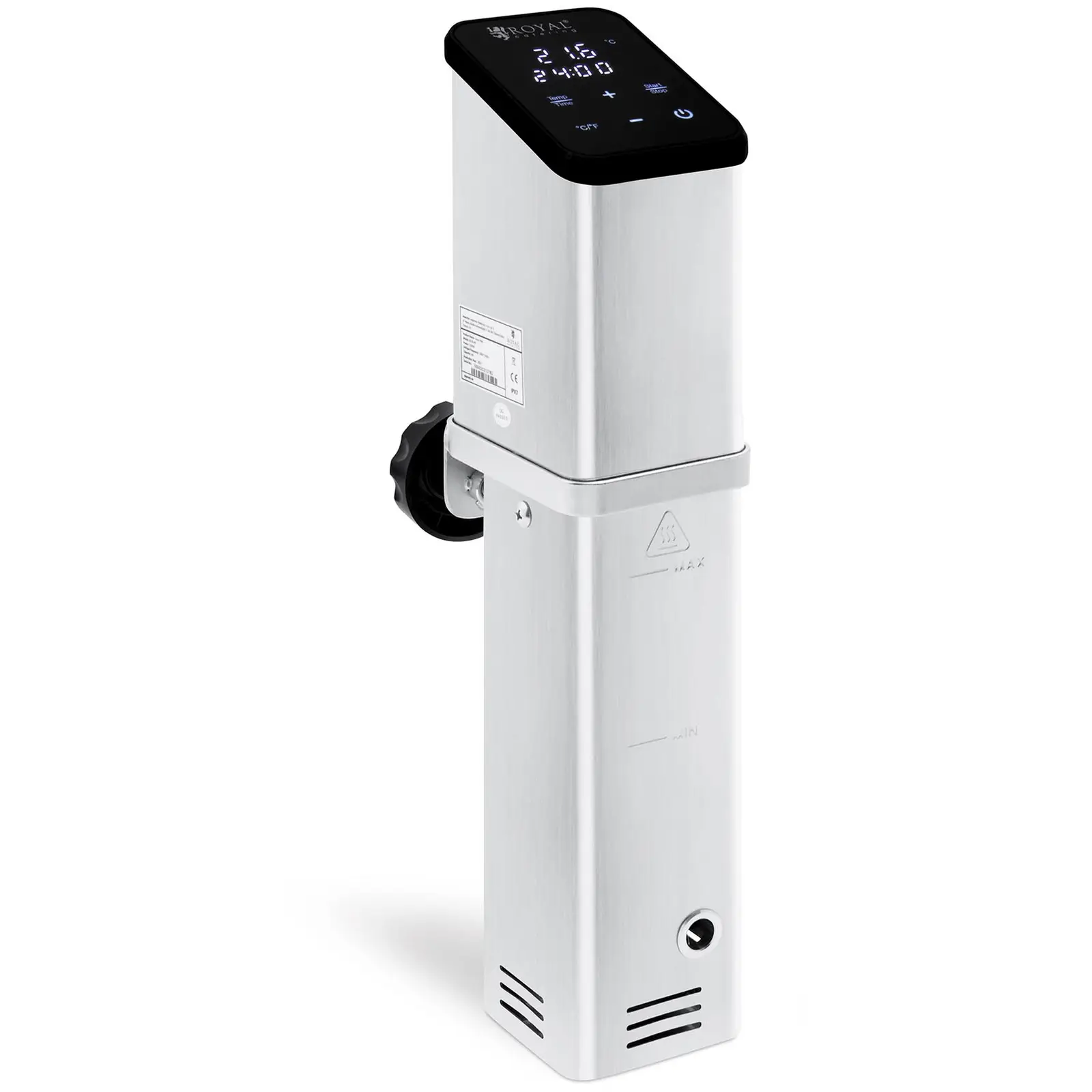
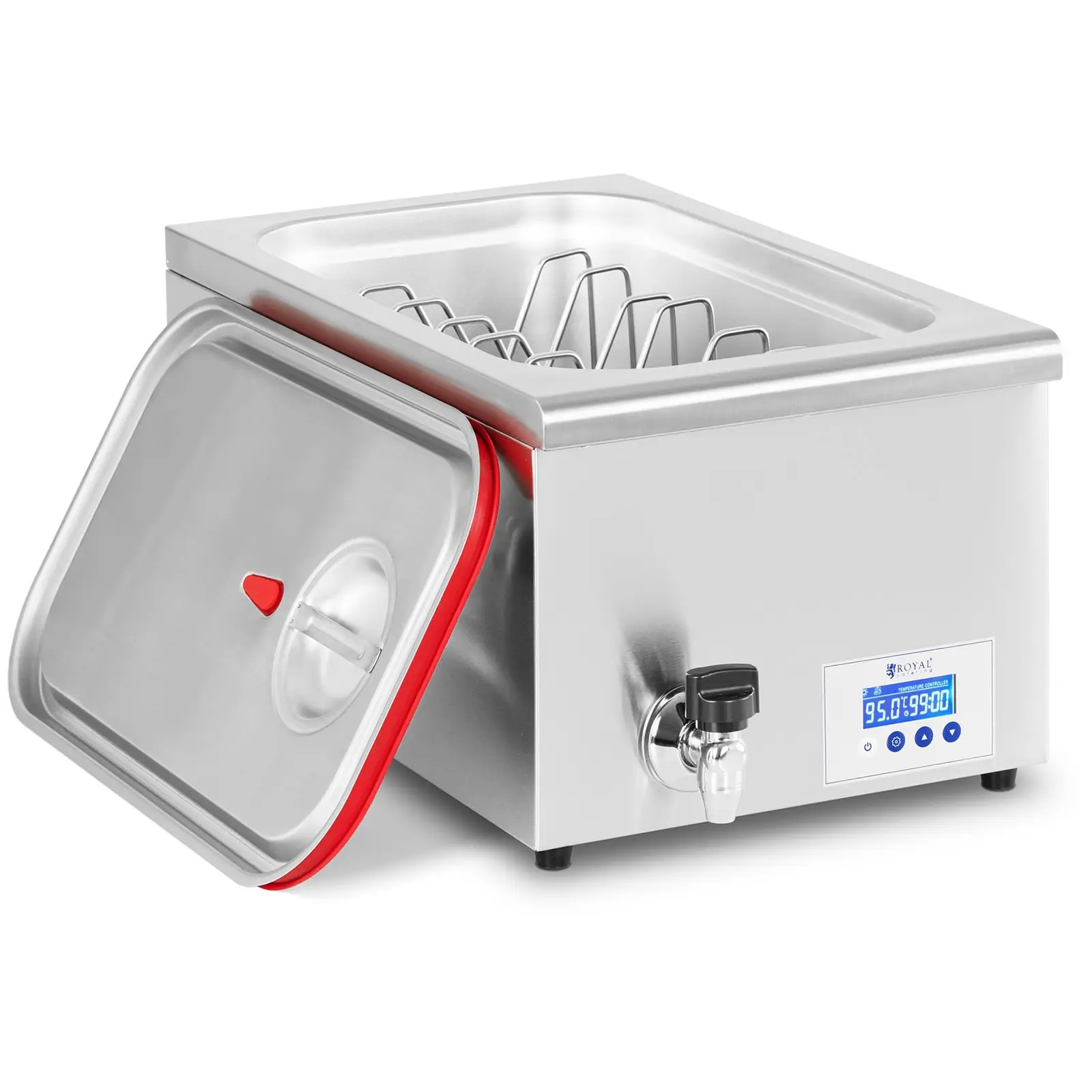






Share